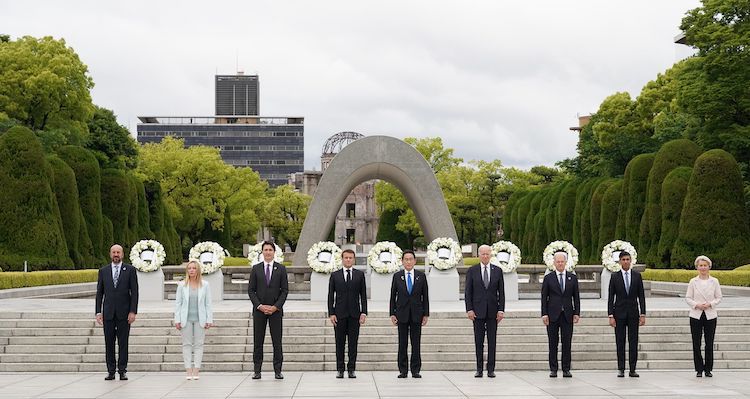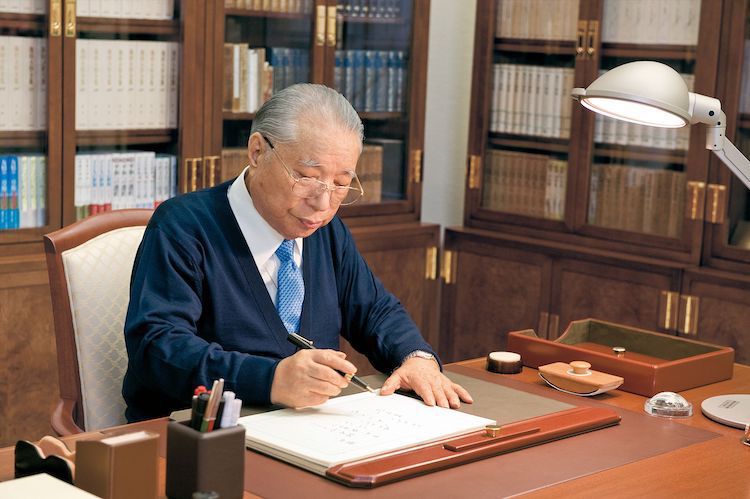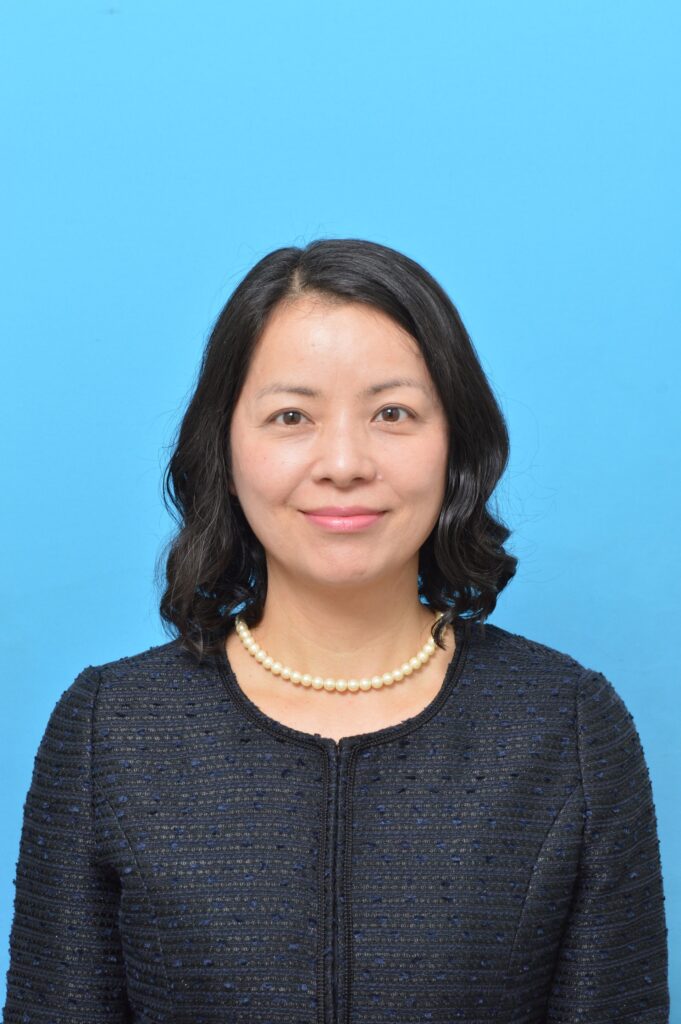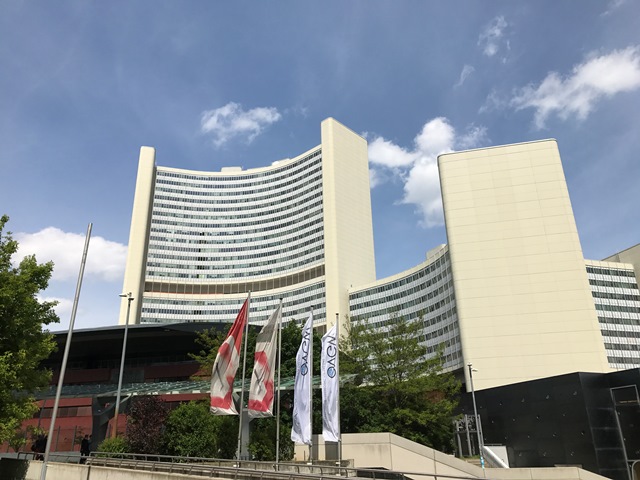By Chie Sunada
TOKYO (INPS Japan) —In May of this year, the G7 Summit was held in Hiroshima. The choice of venue, the city that experienced the first use of atomic weapons in war, heightened expectations among civil society actors that meaningful progress would be made on nuclear disarmament.
In March, the Soka Gakkai International (SGI), Together with the G7 Research Group and other organizations, organized a conference, “Advancing Security and Sustainability at the G7 Hiroshima Summit,” which developed a series of recommendations for the G7 Hiroshima Summit based on expert view and input, submitting this recommendation to Japanese Government, as well as to high-level summit organizers in all G7 States. The policy recommendations on nuclear abolition and non-proliferation emphasized the following points:
l Reinforce the G20’s declaration that the “use or threat of use of nuclear weapons is inadmissible.”
l Adopt a policy of no-first use of nuclear weapons and encourage other states to do so.
l Work toward the elimination of nuclear weapons by reaffirming the goal of achieving a world without nuclear weapons and initiating negotiations on a time-bound commitment to progressively reduce and ultimately eliminate nuclear arsenals.
l Recognize the complementary nature of the Treaty on the Prohibition of Nuclear Weapons (TPNW) and the Nuclear Non-Proliferation Treaty (NPT), create a forum between them, and cooperate on nuclear-related victim assistance, environmental remediation and the development of an effective verification system.
Like other civil society groups, the SGI regrets that these recommendations were not substantively reflected in the Summit process or the G7 Leaders’ Hiroshima Vision on Nuclear Disarmament and G7 Hiroshima Leaders’ Communiqué.
At the same time, it was significant that leaders of G7 and invited countries visited Hiroshima Peace Memorial Museum to encounter the reality of the atomic bombing and, above all, to hear testimony directly from hibakusha. Observers in different countries have noted the potential impact on domestic public opinion of their national leaders visiting the Hiroshima Peace Memorial Museum and laying flowers at the Cenotaph for Atomic Bomb Victims.

The SGI also co-hosted the Hiroshima G7 Youth Summit, organized by ICAN, where
youth from the G7 states, nuclear test-affected states, and other parts of the world, gathered and engaged in passionate discussions on what youth can do to promote the abolition of nuclear weapons.
In the final analysis, the lasting significance of G7 Hiroshima Summit might be the renewed public awareness about the possibilities of nuclear disarmament that it generated, especially among the youth not only of Japan but the entire world.
Earlier this year, in February, the Russian Federation announced suspension of its participation in the New Strategic Arms Reduction Treaty (New START), and the United States halted providing data on strategic nuclear weapons. The possibility that this last bilateral nuclear arms control treaty could loss effect has sparked growing concern about a new nuclear arms race.

In his statement on the G7 Hiroshima Summit, “The Ukraine Crisis and No First Use of Nuclear Weapon,” Daisaku Ikeda, President of the SGI, called for pledges among the nuclear-armed states never to be the first to use these weapons, stating that this would reduce risks and help transform the challenging the security environment prevailing the world today. He concluded his statement offering the following positive prospect: “Commitment to policies of No First Use is indeed a ‘prescription for hope.’ It can serve as the axle connecting the twin wheels of the NPT and the Treaty on the Prohibition of Nuclear Weapons (TPNW), speeding realization of a world free from nuclear weapons.”

The First Preparatory Committee for the 11th NPT Review Conference is scheduled for the end of July, and the Second Meeting of States Parties to the TPNW for the end of November. The SGI will make every effort to generate public support for the adoption of No First Use policies and for more states to sign and ratify the TPNW. Our work with the INPS media projects, and our collaboration with other NGOs, will be central to these ongoing efforts.
- Chie Sunada is Director of Peace and Human Rights, Soka Gakkai International


